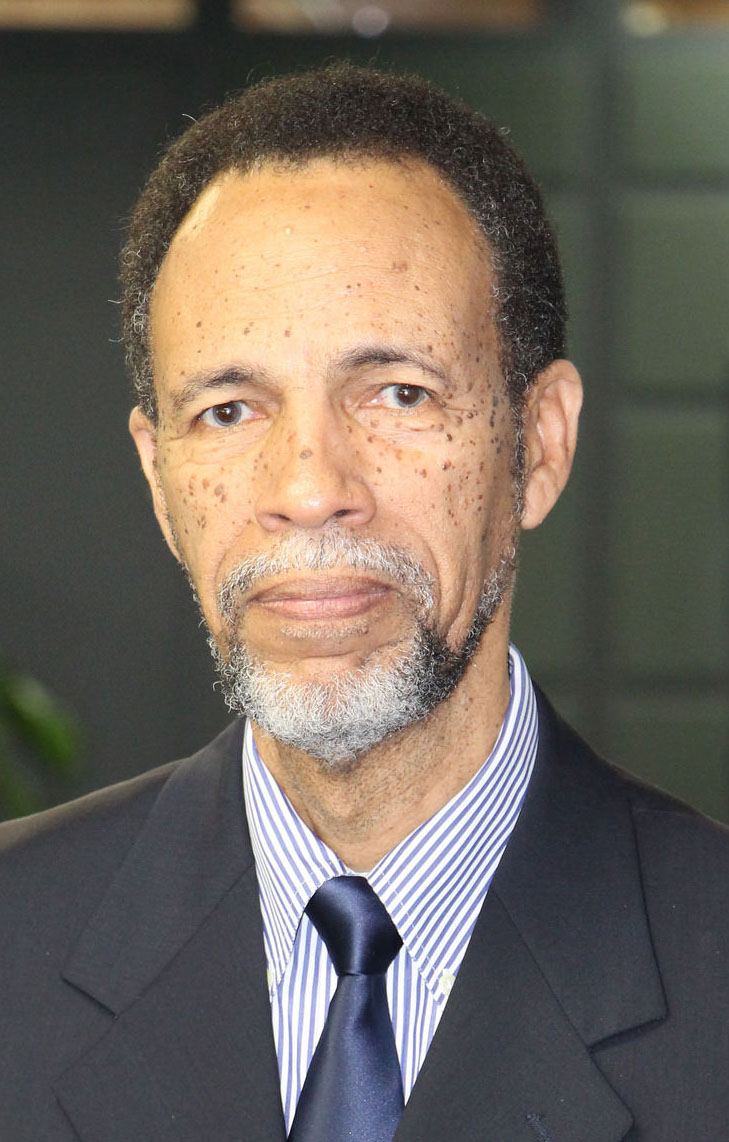CARICOM and the United States government have agreed to hold a high level meeting to discuss solely, matters of disaster management and disaster recovery due to increased intensity of hurricanes and storms as a consequence of climate change, according to Assistant Secretary General Colin Granderson.
In an interview with the CARICOM’s Secretariat communications department website, today@caricom.org, Granderson said the high level meeting was one of the outcomes of meetings held between CARICOM regional heads of government, heads of states and foreign affairs ministers on the fringes of the just-concluded United Nations General Assembly (UNGA), held in New York, USA.
Granderson said the meeting will look at some of the support that can be provided for recovery whether it is technical or it is assisting with experts in disaster management and recovery, and financial and material assistance as has been provided in the past by US and international development partners.
At the meetings, he explained, they also discussed the need to put in place a regional insurance facility which would facilitate the ordinary man to rebuild from disasters. That and strengthening the coordination modalities with the US, in terms of sharing their expertise in meteorology, such as warnings of hurricanes and approaching storms, will be further discussed when the representatives of the US and CARICOM meet.
Asked about tangible outcomes of the meetings, Granderson noted that tangible outcomes of meetings on the sidelines of the UNGA with the international community are not always immediate.
However, they are “very important” platforms when it comes to international relations, he said, as there is always the possibility of engagement with third states with which CARICOM does not normally meet or have the opportunity to meet.
CARICOM representatives, he said, also had meetings with the representatives of the US, the United Kingdom and Japan at the request of those countries. They also met with the group of Nordic countries.
“These meetings were important for us to put forward our concerns and to get support for some of our interests,” Granderson said.
At the UNGA, he said, the most important thing was to make sure that all the Member States were on the same page.
Blacklisting
Following the meeting of the Prime Ministers regarding the CARICOM Single Market and Economy in Barbados in September, he said, a decision was taken to use the General Assembly to highlight the issue of the blacklisting of financial services in the region.
In their presentations, he said CARICOM Member States “highlighted and called on the UN to pay far more attention to the blacklisting of our financial services sector which has had quite a disastrous effect, not only on financial services, but on our economies.”
Member States are relying heavily on revenue coming from financial services, he said.
On the issue of non-communicable diseases (NCDs), which CARICOM was able to place as a priority on the UN agenda in 2011, he said, “it means that far more attention is now being placed on NCDs, far more resources are being made available and at this General Assembly there was a Third High Level meeting on NCDs.” “Resources are required to deal more effectively with the fight against NCDs. We have to strengthen our policy responses. By placing it on the international agenda, we are able to sensitize not only the international community but a number of our international development partners,” Granderson added.
CARICOM also organized a side event at which a number of development partners were present. Also present were the Director General of the World Health Organization, President the UNGA, and Secretary General of the Commonwealth.
Presentations were made by the Prime Minister of St Kitts and Nevis, who holds the health portfolio in the CARICOM prime ministerial quasi-Cabinet; Prime Minister of Jamaica Andrew Holness and Prime Minister of Barbados Mia Mottley. The event commemorated the 10th anniversary of the Port-of-Spain Declaration, which is the policy document guiding individual Member States in the fight against NCDs.
During the UNGA, Granderson said, they were also able to meet with representatives of other small island states and their groupings, like the Pacific Islands Forum.
“We also had a meeting with representatives of the OAS (Organisation of American States), informal meeting with SICA (Central American Integration Systems), and informal meetings with the Secretary General of the Commonwealth Secretariat,” he said.





